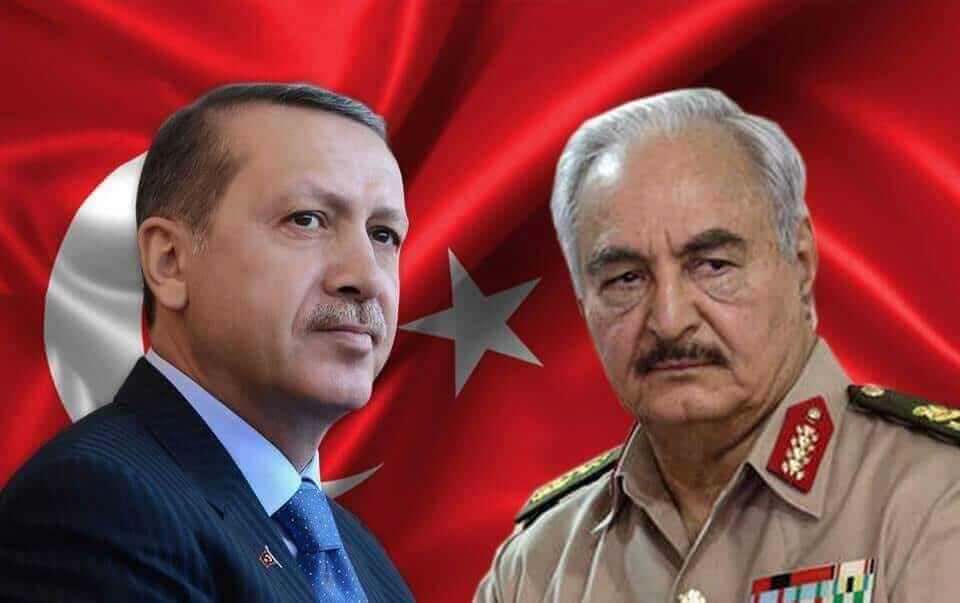On Sunday, Turkey announced that it would retaliate and deem Libyan renegade General Khalifa Haftar’s forces as “legitimate targets” if their attacks on Turkish interests in the war-torn country persist. On Thursday, Turkey and Italy reported that the area where their embassies are located in Tripoli had been shelled. The LNA denied responsibility for the bombardment.
Turkey backs the UN-recognized Government of National Accord (GNA) and has deployed troops in the country since April in a military cooperation deal to fend off the offensive by Haftar’s Libyan National Army (LNA).
Libya has been engaged in a civil war between the Tripoli-based GNA and the LNA since the ousting of Muammar Gaddafi in 2011, with Haftar’s forces launching a full offensive against Tripoli since April 2019. Ankara’s involvement and support to the GNA have angered Haftar since last year, with the leader banning commercial flights between the two countries, prohibiting Turkish ships from docking at Libyan coasts, and threatening to arrest Turkish citizens last June.
Therefore, Turkey’s decision in April to intervene militarily in the conflict prompted more offensive action by the LNA, which is backed by Russia, Egypt, and the United Arab Emirates. Turkey has previously referred to these forces as “putschists”, and yesterday made an official accusation towards the UAE for allegedly sowing chaos in the Middle East.
A humanitarian truce to contain the spread of the coronavirus pandemic was also called off, with Haftar’s forces desperately trying to retain their positioning as the Turkish-backed army gains more and more control. The UN fears that COVID-19 could be catastrophic for refugees, migrants, and internally displaced persons in Libya–although till date, only 64 cases and 3 deaths from the virus have been reported in the country. There is a chance that if and when the virus spreads, various militias in the country, who act as de facto police in many areas, could use the pandemic to channel medical aid to communities and fighters of their choosing. Turkey has already sent medical aid to their “military training cooperation and consultancy teams who are on duty” in Libya to combat the virus.
Ankara’s intervention to support GNA Prime Minister Fayez al-Sarraj has completely changed the direction of a war that has attracted many international rivals who seek to secure influence in the OPEC country that straddles key migration routes.
UN-led peace efforts seemed to have paid off earlier this year as Russia and Turkey called for a ceasefire that both sides had tentatively agreed to, but this, as well as arms embargo deals, unravelled rapidly. Turkey has also been accused of sending over 2,000 Syrian fighters to fight in Libya and supporting factions that induct child soldiers. It seems unlikely that Ankara will back away from Libya any time soon–if anything, their presence may increase as the situation moves further away from being a civil war and shows signs of escalating to a proxy war with Russia.
Image Source: Libyan Express
Turkey Threatens Retaliation against Haftar’s Forces in Libya as Tensions Escalate
May 14, 2020

